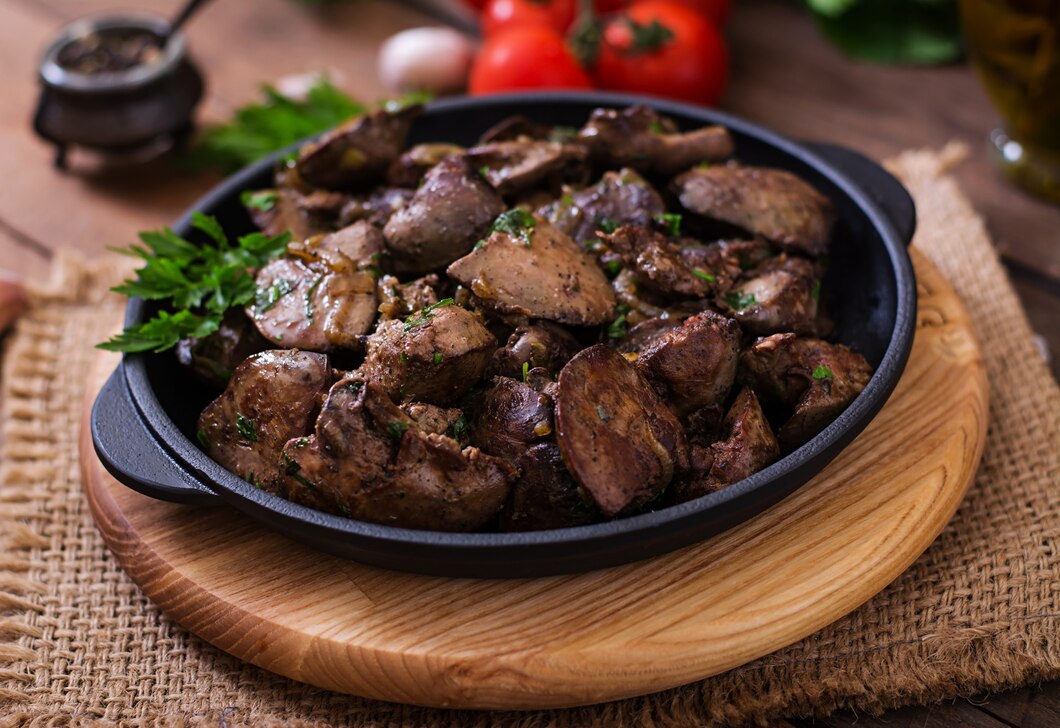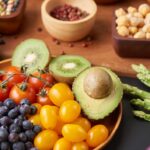During pregnancy, it’s essential for women to be mindful of their diet, as certain foods can pose serious health risks to both the mother and the developing baby. While many foods are nutritious and beneficial, some can be potentially harmful due to the risk of bacterial contamination, harmful chemicals, or naturally occurring toxins. Here are 10 foods that pregnant women should avoid, as they can be poisonous or harmful during this critical time.
1. Raw or Undercooked Meat
Raw or undercooked meat, including beef, lamb, and pork, can harbor harmful bacteria such as E. coli, Salmonella, and Listeria. These bacteria can lead to foodborne illnesses that are especially dangerous during pregnancy, potentially causing miscarriage, preterm labor, or severe illness in the newborn.
2. Raw Eggs
Raw or lightly cooked eggs can carry the risk of Salmonella infection, which can result in fever, vomiting, diarrhea, and abdominal cramps. Pregnant women should avoid foods that contain raw eggs, such as homemade mayonnaise, certain salad dressings, raw cookie dough, and soft scrambled or poached eggs.
3. Unpasteurized Dairy Products
Unpasteurized milk, cheese, and other dairy products can contain Listeria, a harmful bacterium that can lead to listeriosis. Listeriosis is a serious infection that can cause miscarriage, stillbirth, or severe illness in newborns. Pregnant women should opt for pasteurized dairy products, especially when consuming cheeses like feta, Brie, Camembert, and blue-veined varieties.
4. Certain Types of Fish (High in Mercury)
Fish like swordfish, king mackerel, shark, and tilefish are high in mercury, which can be toxic to the developing baby’s nervous system. Excessive mercury exposure during pregnancy can lead to developmental delays and brain damage. While fish is a good source of omega-3 fatty acids, pregnant women should stick to low-mercury options like salmon, sardines, and tilapia.
5. Raw Shellfish
Raw shellfish, such as oysters, clams, and mussels, can carry harmful bacteria and viruses, including Vibrio and Norovirus. These infections can lead to severe food poisoning, which is especially dangerous for pregnant women, as it can cause dehydration, preterm labor, or miscarriage. Shellfish should always be fully cooked before consumption.
6. Liver and Liver Products
While liver is a rich source of iron and vitamin A, consuming too much vitamin A in its retinol form, which is found in animal liver, can be toxic during pregnancy. Excessive amounts of vitamin A can cause birth defects and liver toxicity in the developing baby. It’s best for pregnant women to avoid liver and products made from it, such as liver pâté.
7. Unwashed Fruits and Vegetables
Unwashed or improperly washed fruits and vegetables can be contaminated with harmful bacteria and parasites, such as Toxoplasma. Toxoplasmosis, a parasitic infection, can cause miscarriage, stillbirth, or severe health problems for the baby, including blindness or intellectual disabilities. Pregnant women should wash all fruits and vegetables thoroughly before eating them.
8. Caffeine
While moderate caffeine consumption is generally safe during pregnancy, excessive amounts (more than 200 mg per day) can increase the risk of miscarriage and low birth weight. Caffeine is found in coffee, tea, soft drinks, chocolate, and certain medications. Pregnant women should monitor their caffeine intake and aim to keep it within safe limits.
9. Alcohol
Alcohol consumption during pregnancy can lead to fetal alcohol spectrum disorders (FASDs), which can cause developmental delays, cognitive impairments, and physical abnormalities in the baby. There is no safe level of alcohol during pregnancy, and it should be completely avoided to prevent harm to the developing baby’s brain and organs.
10. Certain Herbal Teas
While many herbal teas are safe and even beneficial during pregnancy, some can be harmful. Teas made from herbs such as pennyroyal, dong quai, and licorice root can stimulate uterine contractions or cause hormonal imbalances, increasing the risk of miscarriage or preterm labor. Pregnant women should consult their healthcare provider before consuming herbal teas to ensure their safety.
During pregnancy, maintaining a healthy and safe diet is critical for the well-being of both the mother and the baby. By avoiding potentially poisonous or harmful foods like raw meat, high-mercury fish, and unpasteurized dairy, pregnant women can reduce the risk of foodborne illnesses and other complications. It’s always best to consult with a healthcare provider or nutritionist to ensure a balanced and safe diet throughout pregnancy.








